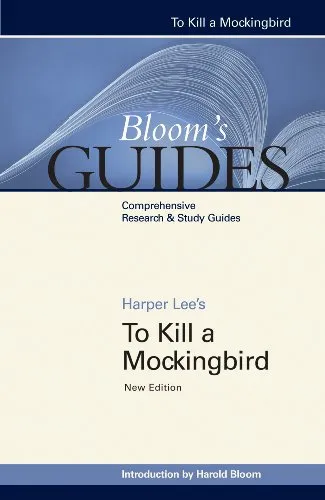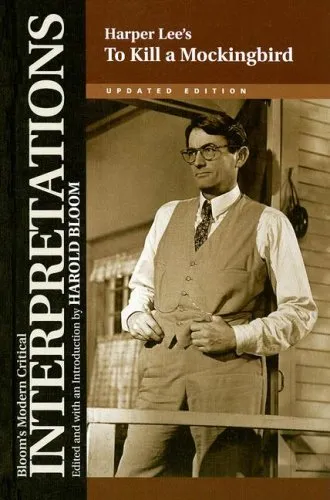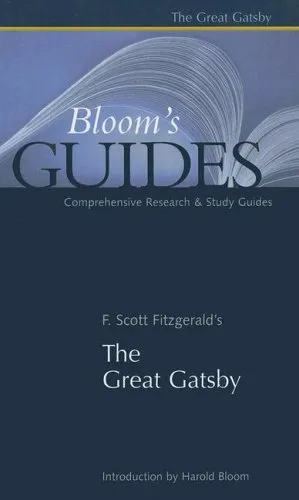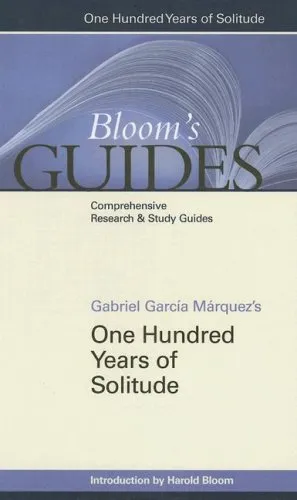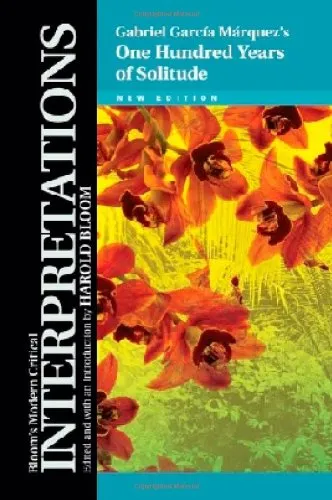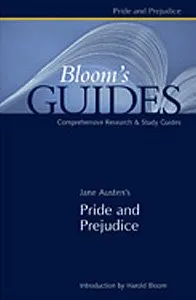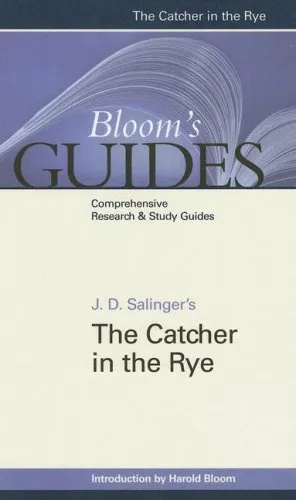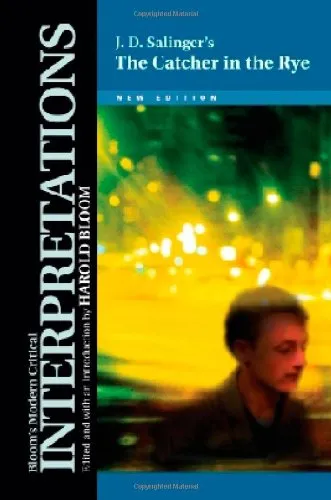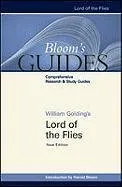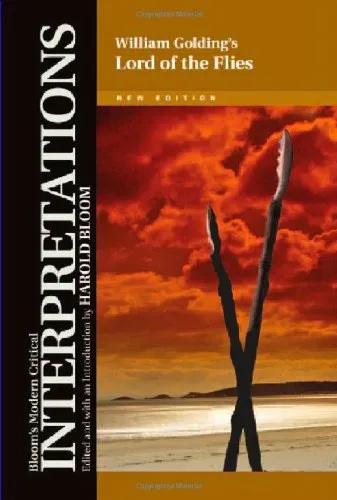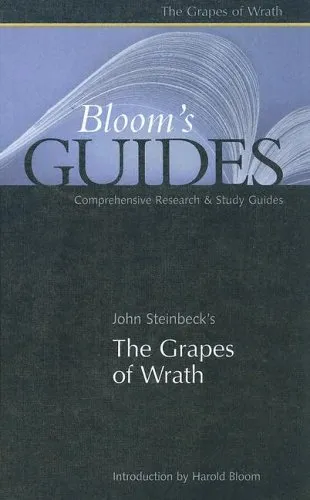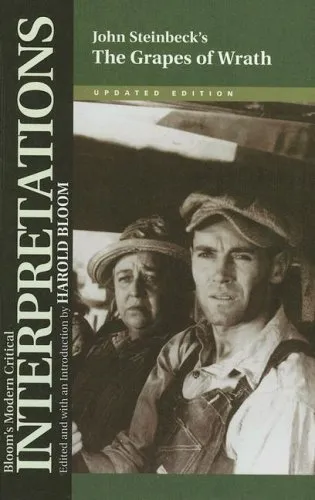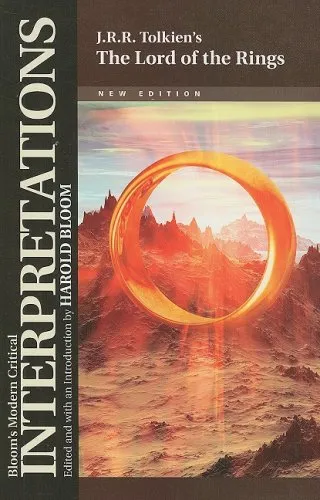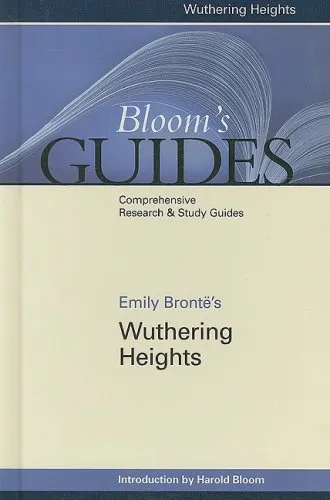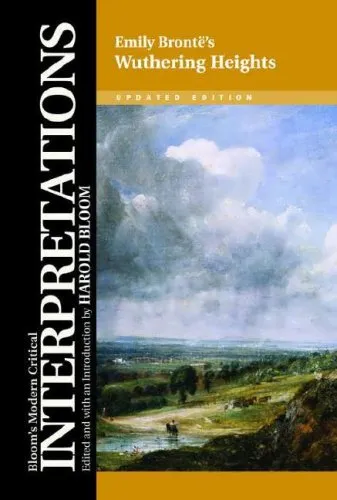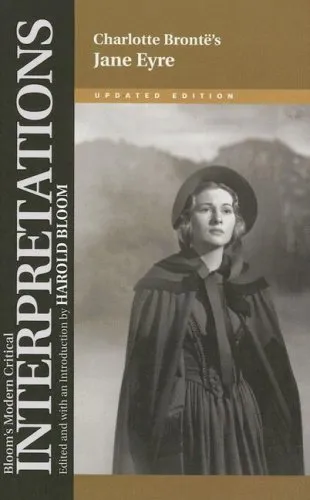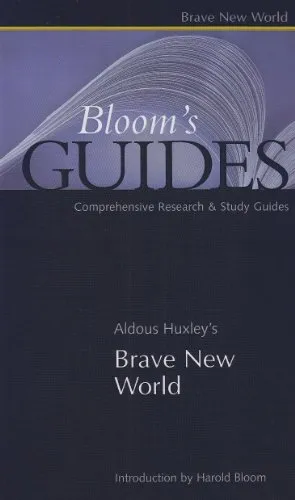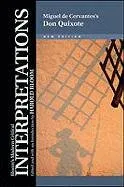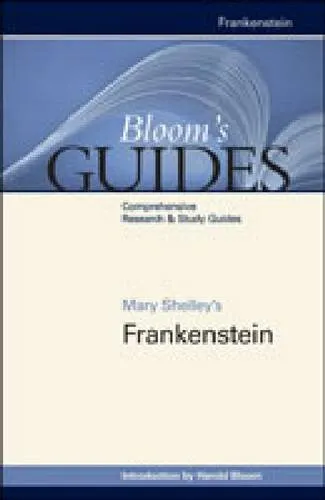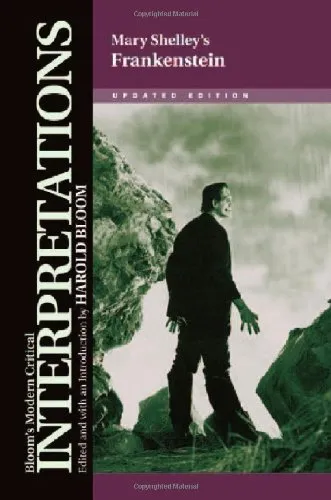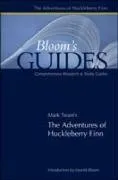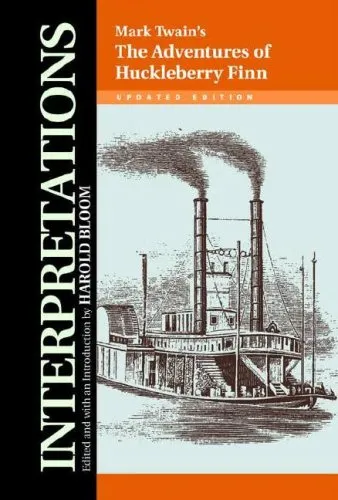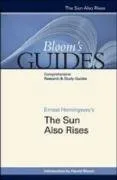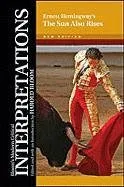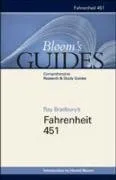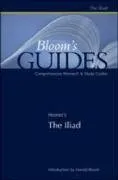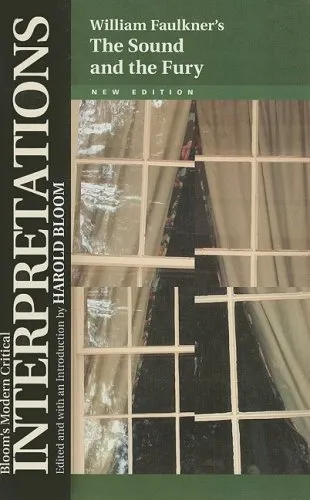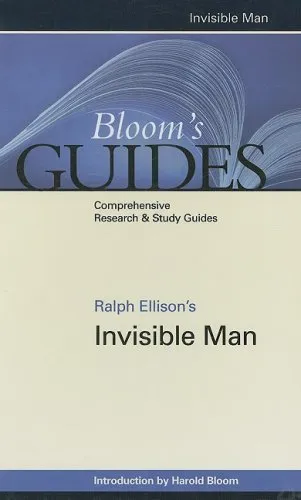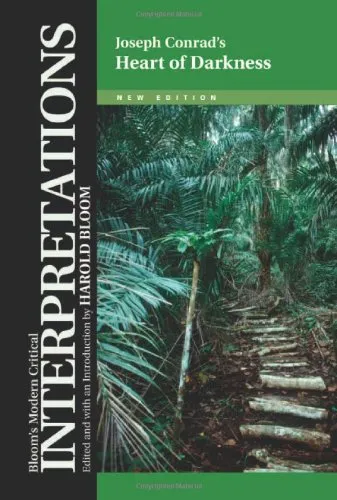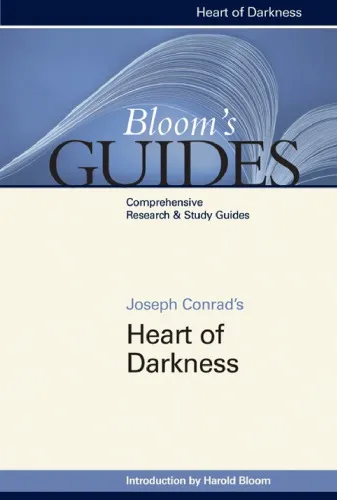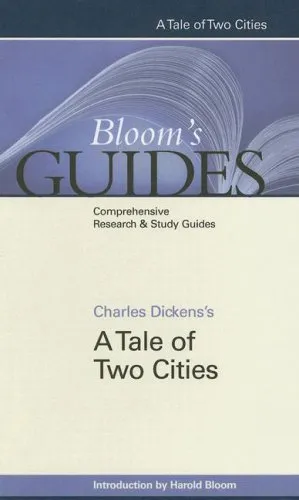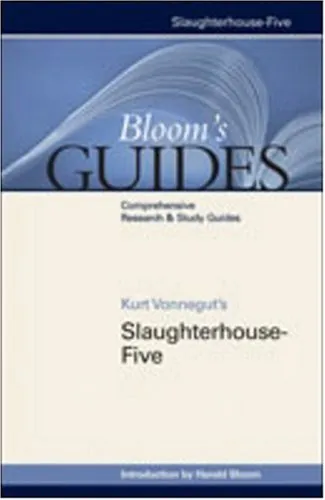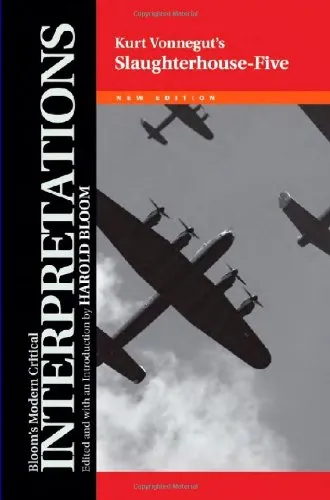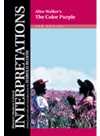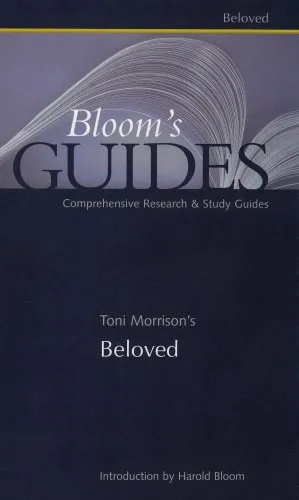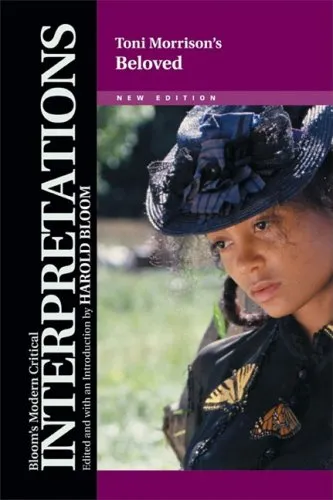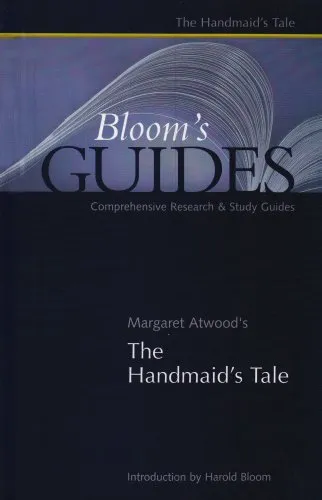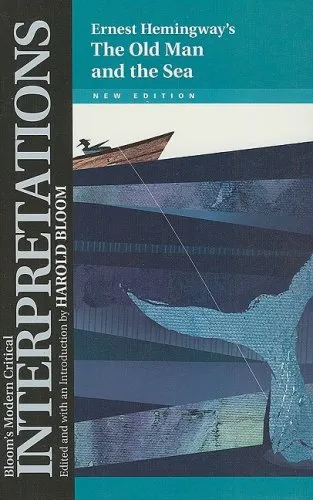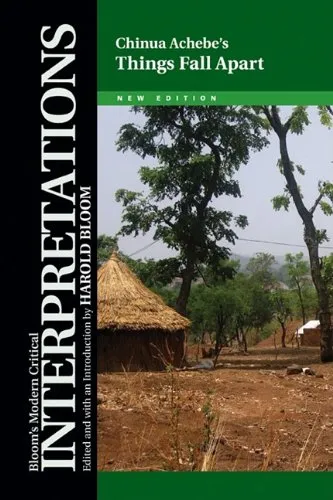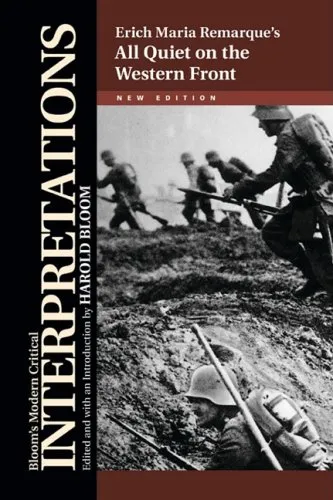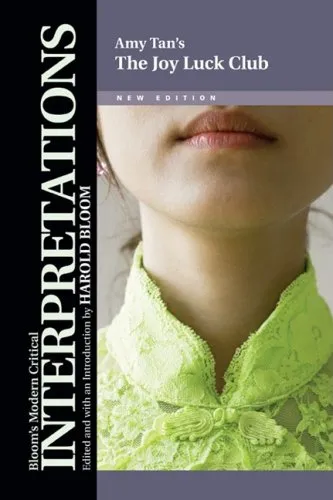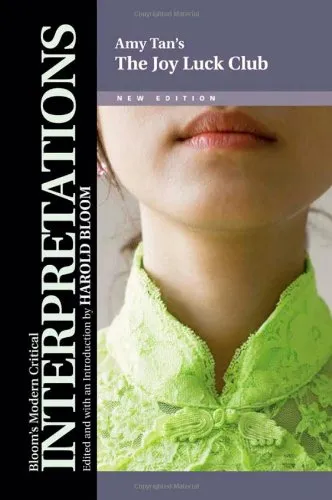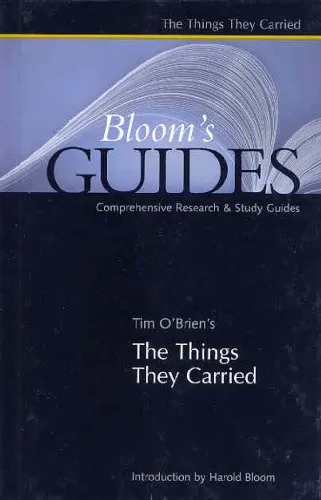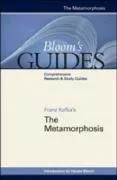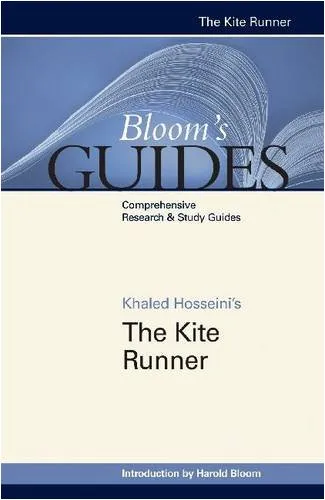Herman Melville's Moby-dick (Bloom's Modern Critical Interpretations)
3.8
Reviews from our users

You Can Ask your questions from this book's AI after Login
Each download or ask from book AI costs 2 points. To earn more free points, please visit the Points Guide Page and complete some valuable actions.Related Refrences:
Persian Summary
Introduction
Welcome to the critical realm of Herman Melville's 'Moby-Dick', where narrative meets a compelling critique of human ambition and obsession. I invite you to delve into 'Herman Melville's Moby-Dick (Bloom's Modern Critical Interpretations)'—a profound exploration into one of literature's most enigmatic and leviathan works. This book serves as a guide to understanding the complexities and enduring themes of Melville's magnum opus, providing scholarly insights and interpretations that aim to enrich your reading experience.
Detailed Summary of the Book
'Moby-Dick' is an epic tale of obsession and revenge as narrated by Ishmael, a sailor aboard the whaling ship Pequod, commanded by the monomaniacal Captain Ahab. Ahab's singular pursuit is of the eponymous white whale, Moby Dick, a creature of legendary size and ferocity who previously cost Ahab his leg. The narrative unfolds through a rich tapestry of themes, exploring the boundaries of knowledge, the limits of obsession, and the confrontation with nature’s indifferent might. Within my critical interpretations, I bring focus to Melville's innovative narrative techniques, his philosophical musings, and the depth of characterization that captures the essence of human struggle and existential reflection.
Key Takeaways
- Understanding Ahab’s Obsession: A deep dive into what drives Ahab's relentless pursuit of the white whale, examining how Melville explores the darker aspects of human nature through Ahab's character.
- Narrative Complexity: An analysis of the layered narrative structure of 'Moby-Dick,' including its shifts in tone, style, and perspective that contribute to the novel's rich texture.
- Symbolism and Themes: An exploration of the symbolic elements—such as the whale itself—and overarching themes like fate versus free will, man's relationship with nature, and the limits of knowledge.
- Influence and Legacy: The impact of 'Moby-Dick' on subsequent literature and its persistent relevance in modern discussions of environmentalism and humanity's role in the universe.
Famous Quotes from the Book
“Call me Ishmael.”
“For there is no folly of the beast of the earth which is not infinitely outdone by the madness of men.”
“I know not all that may be coming, but be it what it will, I'll go to it laughing.”
Why This Book Matters
The lasting significance of 'Moby-Dick' lies in its rich narrative and philosophical depth, which continue to resonate with contemporary audiences. In 'Herman Melville's Moby-Dick (Bloom's Modern Critical Interpretations)', I strive to unpack the intricacies that make this novel a cornerstone of American literature. The work’s exploration of human obsession, the immutable forces of nature, and the locked horns of personal vendetta against vast, indifferent realms render it an insightful study on the human condition. My interpretations aspire to illuminate the multi-faceted dimensions of the novel, encouraging both students and seasoned readers to appreciate its timeless nature and literary brilliance.
Free Direct Download
You Can Download this book after Login
Accessing books through legal platforms and public libraries not only supports the rights of authors and publishers but also contributes to the sustainability of reading culture. Before downloading, please take a moment to consider these options.
Find this book on other platforms:
WorldCat helps you find books in libraries worldwide.
See ratings, reviews, and discussions on Goodreads.
Find and buy rare or used books on AbeBooks.
1604
بازدید3.8
امتیاز0
نظر98%
رضایتReviews:
3.8
Based on 0 users review
Questions & Answers
Ask questions about this book or help others by answering
No questions yet. Be the first to ask!

